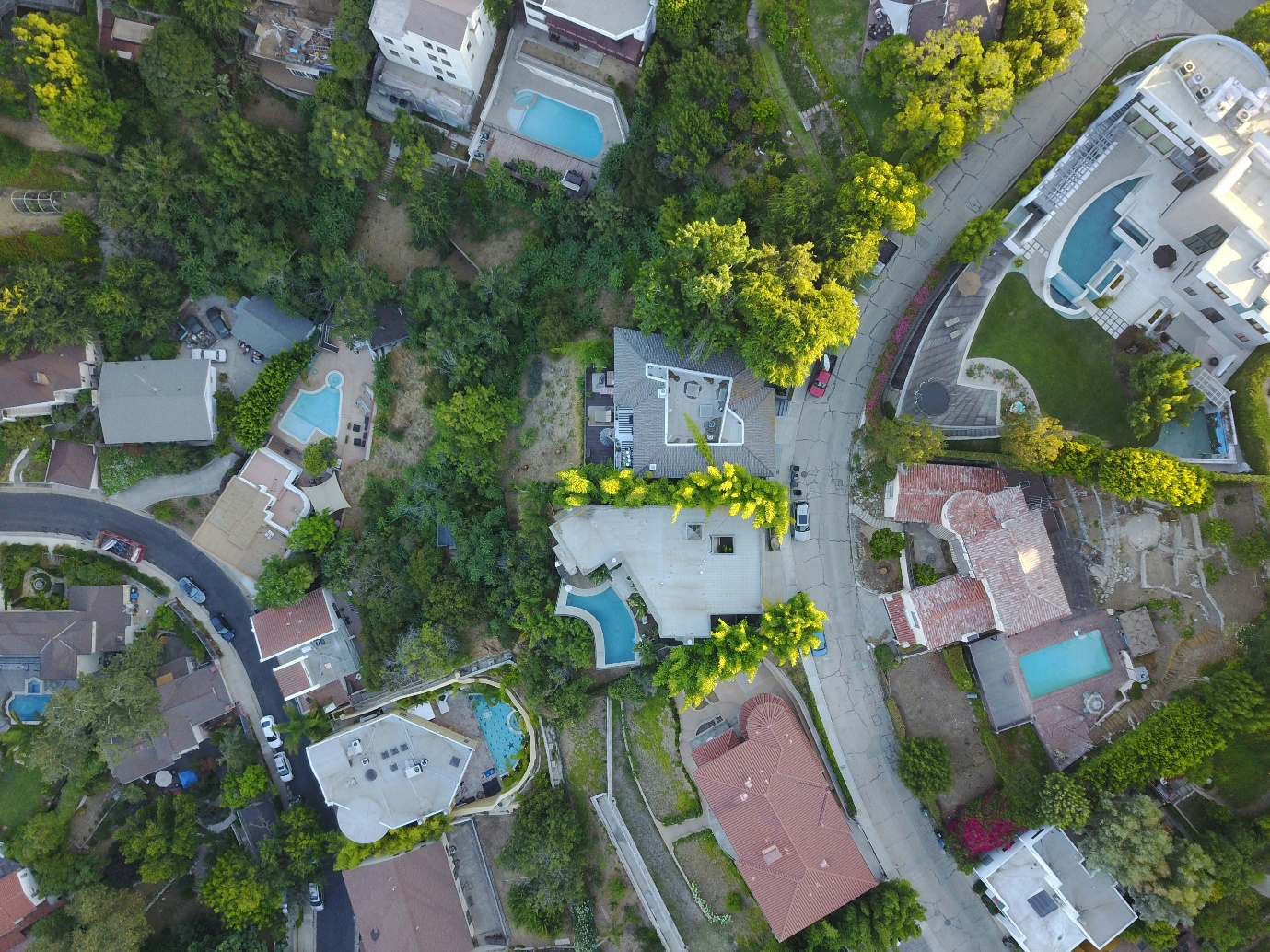In the competitive and dynamic real estate market of New Jersey, maintaining the value and appeal of properties is paramount for owners and managers. Proactive property maintenance stands as the cornerstone of preserving and enhancing property value over time. This approach not only addresses issues before they escalate but also contributes significantly to the satisfaction of tenants and residents.
This blog discusses the critical aspects of proactive property maintenance in New Jersey, encompassing preventive maintenance strategies, emergency response planning, and vendor management:
The Significance of Preventive Maintenance
Preventive maintenance stands as a pivotal strategy for property owners and managers, especially in New Jersey, where properties are exposed to a unique blend of urban and natural environmental stressors. This approach goes beyond mere repairs; it’s about adopting a forward-thinking mindset that prioritizes the longevity and functionality of every aspect of a property. Regular and systematic checks ensure that all critical systems, such as HVAC, plumbing, electrical, and structural components, remain in optimal condition, thereby preventing the occurrence of major malfunctions that can lead to significant financial loss and inconvenience.

In the context of New Jersey, where seasonal extremes range from hot, humid summers to cold, snowy winters, the role of preventive maintenance becomes even more crucial. These conditions can severely test the resilience of buildings, making them prone to issues like pipe bursts, HVAC failures, and roof damage. By scheduling seasonal maintenance activities, property managers can address these vulnerabilities proactively, ensuring that systems are adequately prepared to handle seasonal demands. This not only helps in reducing energy consumption by maintaining the efficiency of heating and cooling systems but also plays a critical role in ensuring the safety and comfort of the occupants.
Moreover, preventive maintenance is essential for preserving the aesthetic appeal of properties. This includes regular landscaping, exterior cleaning, and painting, which contribute to a property’s curb appeal and overall value. For properties in competitive markets like New Jersey, maintaining a visually appealing exterior can significantly impact tenant satisfaction and retention rates.
Furthermore, a well-structured preventive maintenance program can lead to substantial cost savings over time. By identifying and addressing issues early, property managers can avoid the escalated costs associated with emergency repairs and replacements. This proactive approach also minimizes downtime and disruption to tenants, which can be a key factor in lease renewals and positive tenant relations.
Strategizing for Emergency Response
Strategizing for emergency response is a critical aspect of proactive property maintenance, particularly in New Jersey, where properties may face a variety of natural and man-made emergencies. An effective emergency response plan is not just about reacting to incidents; it’s about anticipating potential crises and having a well-organized, strategic approach to mitigate risks and protect both the property and its occupants. This involves comprehensive planning, coordination, and education to ensure preparedness at all levels.
One key element of an effective emergency strategy is the development of a detailed plan that includes specific protocols for various scenarios, such as fires, floods, power outages, and severe weather events. In New Jersey, where hurricanes and snowstorms are not uncommon, property managers must have a plan that addresses these specific threats. This includes securing the property against storm damage, ensuring backup power supplies are in place, and having a clear evacuation route and procedure.
Communication is another vital component of emergency response planning. Property managers must establish reliable channels to quickly disseminate information to tenants, staff, and emergency services. This could involve mass notification systems, social media updates, and emergency contact lists. Keeping everyone informed before, during, and after an emergency can significantly reduce panic and confusion, ensuring a more orderly and efficient response.
Training and drills are also essential to ensure that the property management team and tenants know what to do in an emergency. Regular drills for evacuations, fire safety, and other emergency procedures help reinforce the plan’s steps and identify potential areas for improvement. Furthermore, partnerships with local emergency services and contractors can provide valuable support and resources when dealing with an emergency situation. These relationships ensure that help is readily available when needed and can significantly reduce response times.
Lastly, a post-emergency review is crucial for learning and improvement. Following any emergency, it’s important to assess the response’s effectiveness, identify any weaknesses in the plan, and make necessary adjustments. This continuous improvement cycle ensures that the emergency response strategy remains robust and effective, capable of protecting the property and its occupants against future threats.
Efficient Vendor Management
Collaborating with reliable vendors and contractors for maintenance and repair services is vital to proactive property maintenance. Effective vendor management involves selecting vendors with proven expertise, negotiating favorable terms, and maintaining open lines of communication. In New Jersey, where the demand for quality maintenance services is high, establishing strong relationships with trusted vendors ensures timely and cost-effective solutions for property upkeep. Regular performance reviews and feedback sessions can also help in maintaining high service standards and adapting to changing maintenance needs.
The Role of Technology in Maintenance Management
Leveraging technology can significantly enhance the efficiency and effectiveness of property maintenance. Modern property management software offers tools for scheduling maintenance tasks, tracking work orders, and managing vendor contracts. These technologies enable property managers in New Jersey to stay organized, proactive, and responsive, ensuring that maintenance issues are addressed promptly and accurately.
Proactive property maintenance is crucial for sustaining the long-term value and appeal of properties in New Jersey. By embracing preventive maintenance strategies, preparing for emergencies, and managing vendors effectively, property owners and managers can ensure that their assets remain competitive in the market. The commitment to maintaining properties not only benefits the physical assets but also enhances the living experience for tenants and residents, ultimately contributing to the property’s overall success.
Choose Excellence with Gervin Management
Elevate your property’s value and operational efficiency with Gervin Management, your premier partner in property management in New Jersey. Specializing in residential and commercial property management in NJ, our expert team delivers unparalleled service, ensuring your property thrives in today’s competitive market. Join the ranks of satisfied property owners benefiting from our comprehensive real estate management solutions in NJ.
Contact Gervin Management today and unlock the full potential of your property with New Jersey’s leading property management experts.Top of Form\





